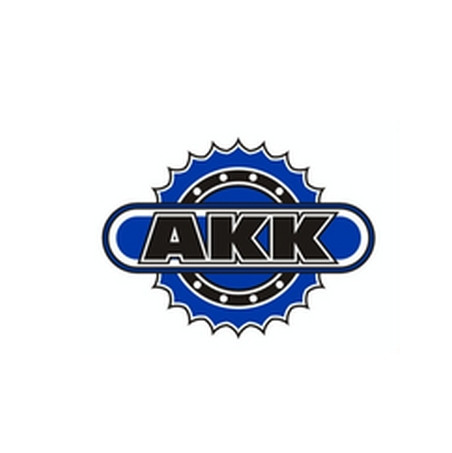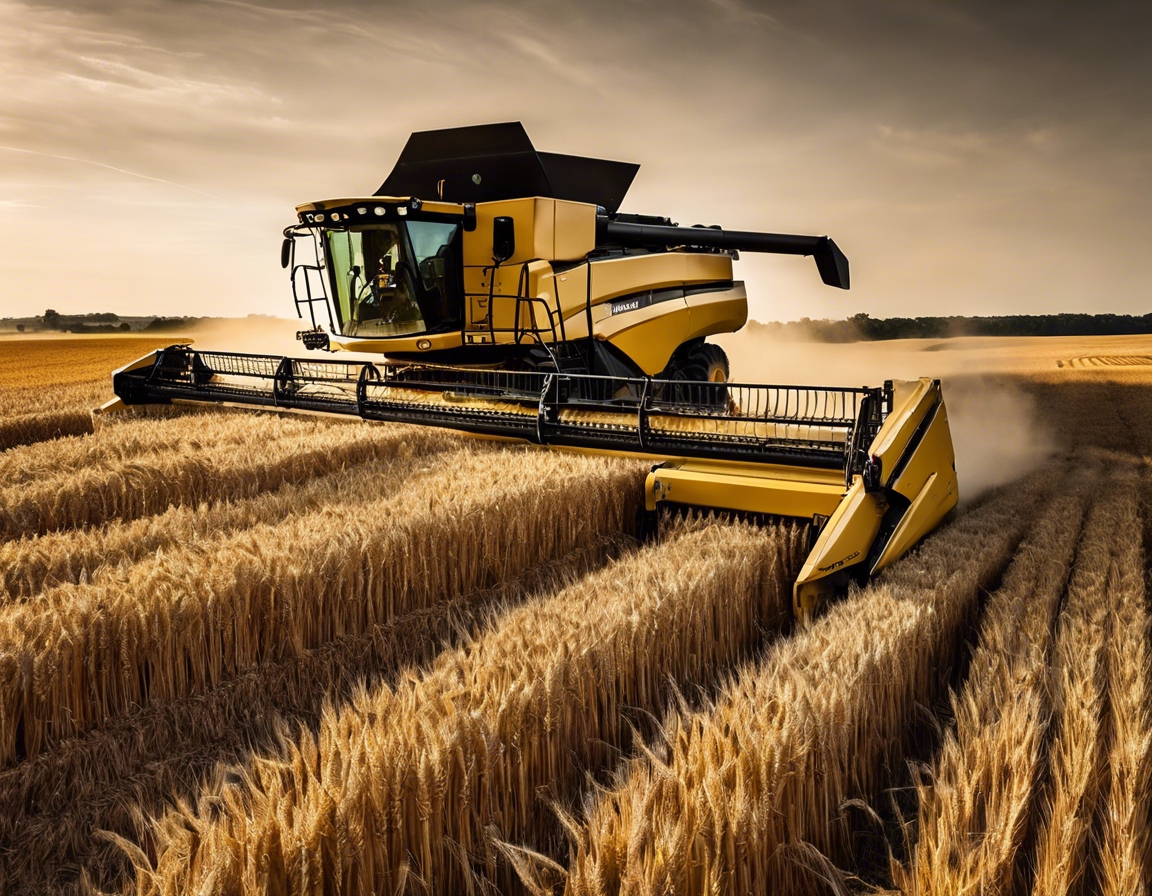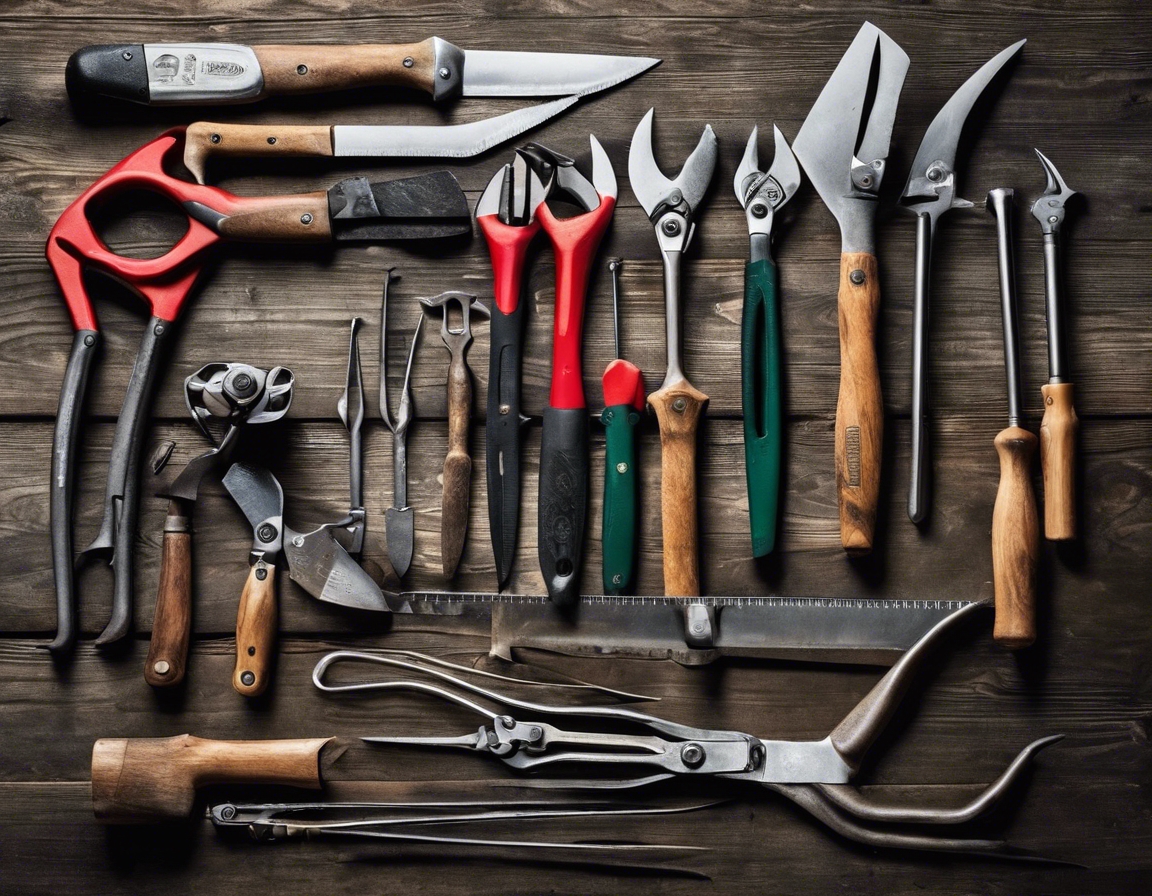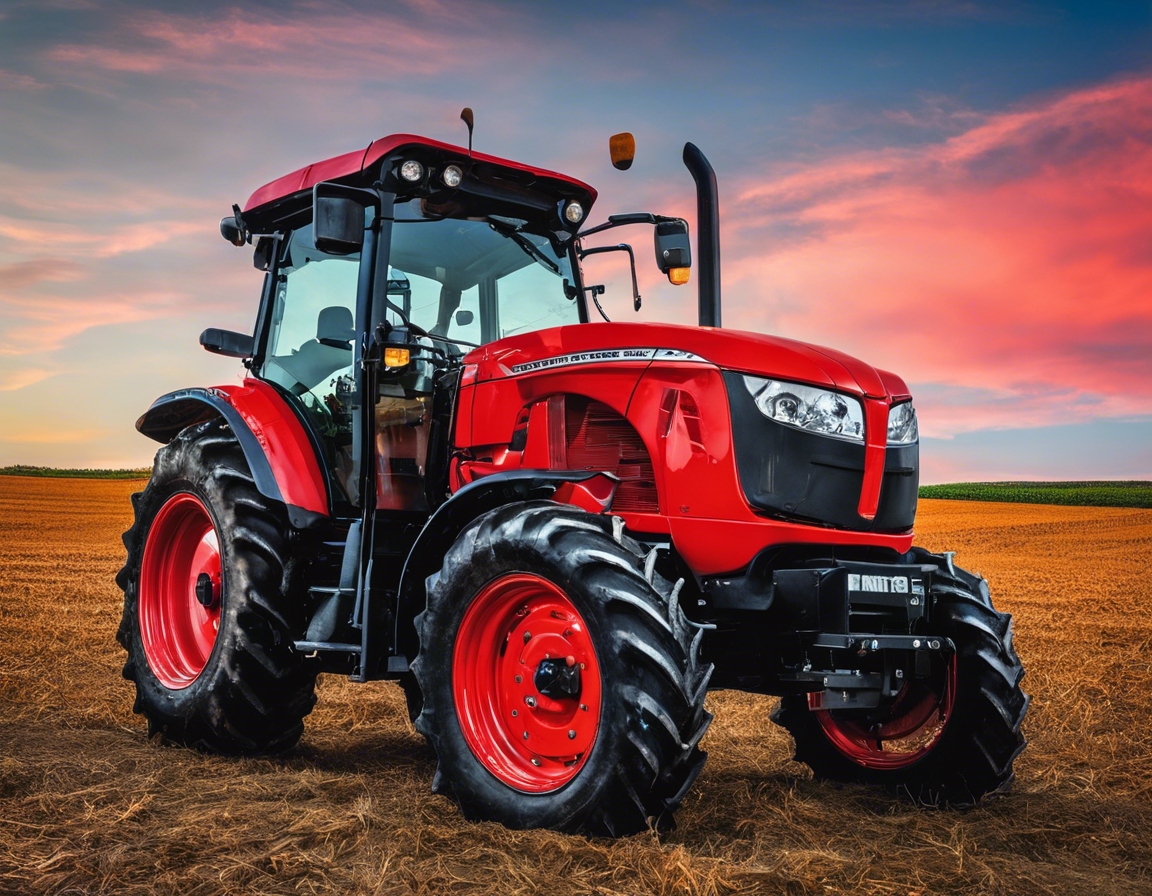The ultimate guide to choosing heavy equipment for your construction site
Selecting the appropriate heavy equipment is a critical decision that can significantly impact the efficiency and success of any construction project. The right machinery can enhance productivity, ensure safety, and save time and money in the long run.
Several factors must be considered when choosing heavy equipment, including the project's size, complexity, and the specific tasks at hand. Environmental considerations, operator skill levels, and local regulations also play a crucial role in the decision-making process.
Types of Heavy Equipment for Construction
Earthmoving equipment such as excavators, bulldozers, and backhoes are essential for tasks like digging, grading, and moving large quantities of soil or debris.
Cranes, forklifts, and telehandlers are crucial for lifting and transporting materials across the construction site, ensuring that heavy loads are moved safely and efficiently.
Concrete mixers, pavers, and compactors are specialized equipment designed for handling concrete operations and road construction, providing precision and durability for these critical tasks.
Key Considerations for Equipment Selection
Understanding the specific needs of your project is the first step in selecting the right equipment. This includes assessing the project duration, the type and volume of material to be handled, and the terrain of the construction site.
Choosing equipment with a proven track record of performance and reliability is essential to minimize downtime and maintenance costs. It's also important to consider the availability of spare parts and service support.
Modern construction equipment often comes with advanced features such as GPS tracking, automation, and fuel efficiency. These technologies can provide significant advantages in terms of productivity and cost savings.
While the initial purchase price of equipment is an important factor, it's also crucial to consider the total cost of ownership, which includes maintenance, operation, and potential resale value.
Safety should never be compromised when selecting heavy equipment. It's vital to choose machinery that meets or exceeds safety standards and is compliant with local regulations.
Understanding the Role of a Reliable Supplier
Partnering with a reliable supplier like A.K.K. AS can provide access to high-quality equipment, expert advice, and exceptional after-sales service, ensuring that your construction projects run smoothly.
A.K.K. AS offers comprehensive support, including maintenance services, a vast inventory of spare parts, and professional guidance to help you make the best equipment choices for your specific needs.
Steps to Choosing the Right Equipment
Begin by thoroughly assessing your project requirements, considering factors such as project scale, material types, and the skills of your workforce.
Research and compare different equipment models and brands to find the best fit for your project's demands and budget.
Decide whether purchasing new or used equipment is more suitable for your project, taking into account factors like cost, warranty, and expected lifespan.
Once you've identified the ideal equipment, decide whether to purchase or rent based on your long-term needs and financial considerations.






Comments (0)